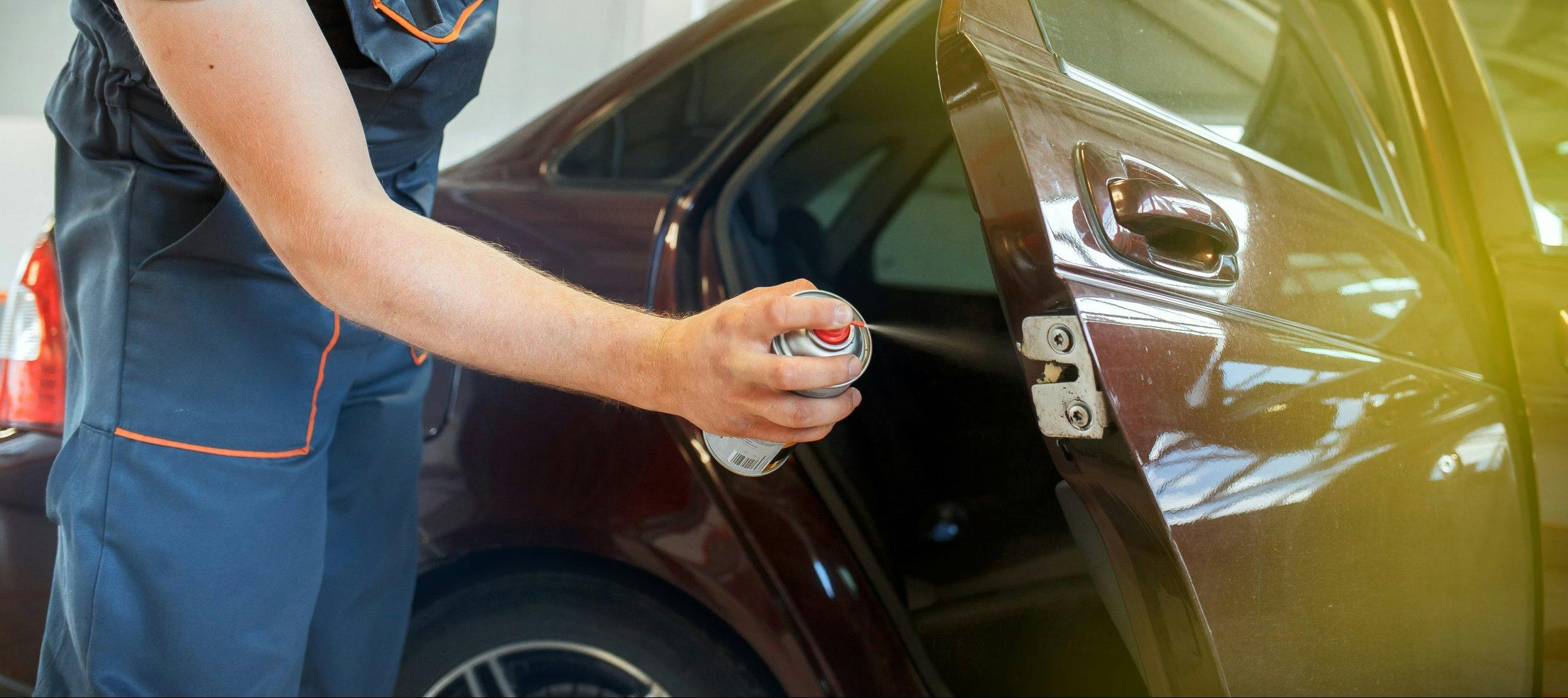
Tips to Keep Your Car from Rusting
Owning a car is a significant investment, and ensuring its longevity is crucial. One of the most common challenges car owners face is rust. Rust can severely damage your vehicle’s appearance and structural integrity if not addressed promptly. However, with some preventive measures and regular maintenance, you can keep your car looking pristine and rust-free for years to come. Let’s explore some essential tips to help you protect your car from rust.
- Wash and Wax Regularly:
Regular washing and waxing are fundamental steps in preventing rust. Washing your car removes dirt, debris, and road salt, which can accelerate the rusting process. Use a mild detergent and a soft sponge or cloth to clean the car thoroughly. After washing, apply a quality car wax to create a protective layer on the paint, shielding it from moisture and corrosive elements.
- Keep Your Car Dry:
Moisture is one of the primary catalysts for rust formation. Whenever possible, park your car in a dry, covered area such as a garage. If you don’t have access to a garage, consider using a car cover to protect your vehicle from rain, snow, and morning dew. By minimizing exposure to moisture, you can significantly reduce the chances of rust formation.
- Address Scratches and Paint Chips:
Even minor scratches and paint chips can expose the metal beneath the paintwork, making it susceptible to rust. It is crucial to address these imperfections promptly. Use touch-up paint to cover any exposed metal, preventing moisture from reaching it. For larger scratches or damaged areas, consult a professional auto body shop to ensure proper repair and protection.
- Apply Rust Inhibitors:
Rust inhibitors provide an additional layer of protection to vulnerable areas prone to rust. These products create a barrier that inhibits moisture and oxygen from reaching the metal surface. Apply rust inhibitors to areas such as the undercarriage, wheel wells, and other exposed metal components. Regular reapplication may be necessary, especially in areas with harsh weather conditions.
- Perform Regular Inspections:
Frequent inspections allow you to catch early signs of rust formation and take preventive measures promptly. Check for any bubbling or discoloration on the paint, as these may indicate rust underneath. Additionally, inspect the underside of your car for any signs of corrosion, paying particular attention to suspension components, exhaust system, and fuel lines. Early detection can save you from costly repairs down the road.
- Avoid Harsh Chemicals and Environmental Hazards:
Certain chemicals, such as road salt and harsh cleaning agents, can accelerate rust formation. Avoid driving on heavily salted roads when possible and rinse your car thoroughly after driving in such conditions. Moreover, be cautious when using chemical cleaners and avoid those that contain corrosive ingredients. Opt for gentle, automotive-specific cleaning products to minimize the risk of damage.
- Maintain a Healthy Drainage System:
Clogged drainage holes and gutters can trap moisture and lead to rust in vulnerable areas, such as the doors and trunks. Regularly inspect and clean these drainage systems to ensure water flows freely, preventing the accumulation of moisture and debris that can accelerate rusting.
Preventing rust requires consistent effort and attention to detail. By incorporating these tips into your car maintenance routine, you can significantly reduce the risk of rust formation and keep your vehicle looking great for years to come. Regular washing, waxing, addressing scratches, applying rust inhibitors, and maintaining a dry environment are all essential steps to protect your car’s exterior. Remember to perform regular inspections and address any signs of rust promptly. With these preventive measures, you can enjoy a rust-free and long-lasting vehicle.
Click HERE to schedule an appointment!

